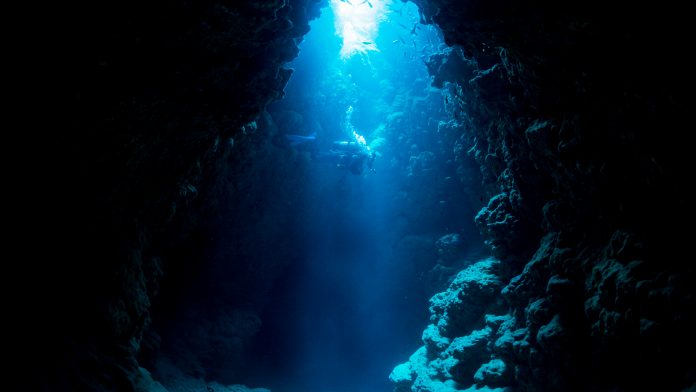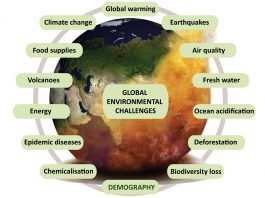A team of researchers have developed an innovative method of outlining protected areas for deep sea fauna in the Clarion-Clipperton fracture zone.
In Journal of Applied Ecology, a team of scientists from Senckenberg am Meer and the German Federal Institute for Geosciences and Natural Resources team advocates the creation of preservation zones from which deep sea fauna can recolonise destroyed areas.
Protecting deep sea sediment creatures
In this new study, researchers used distribution models of the occurrence of the meiofauna, animals smaller than one millimetre that live in the sediment. Studying the German research area within the abyssal zone, scientists calculated distribution based on the ‘random forest’ algorithm.
Cluster analysis, distribution models, the ocean floor’s bathymetry, and modelled manganese nodule cover could be used as a basis for identifying similar areas within the research area. “This allows us to select the location of preservation zones based on objective factors instead of merely depending on personal recommendations by experts,” explains Katja Uhlenkott, a doctoral student at the German Centre for Marine Biodiversity Research at Senckenberg am Meer.
“The use of distribution models for the meiofauna group would be a first step toward the establishment of objective preservation zones in a potential deep-sea mining region,” adds the marine researcher from Wilhemshaven.
Deep sea biodiversity
Compared to near-shore habitats, the deep sea is only inhabited by few members of any individual species. Despite high levels of biodiversity, the distribution of deep sea meiofauna is highly variable.
Although researchers found low levels of meiofauna (mainly nematodes and copepods), “we can also find tardigrades, ostracods, kinorhynchs (‘mud dragons’) and several other groups of animals in the deep-sea sediment,” explains Uhlenkott.
“The planned underwater mining in the Clarion-Clipperton fracture zone would lead to serious damage and the permanent destruction of the habitat of animals living there,” continued Uhlenkott.









